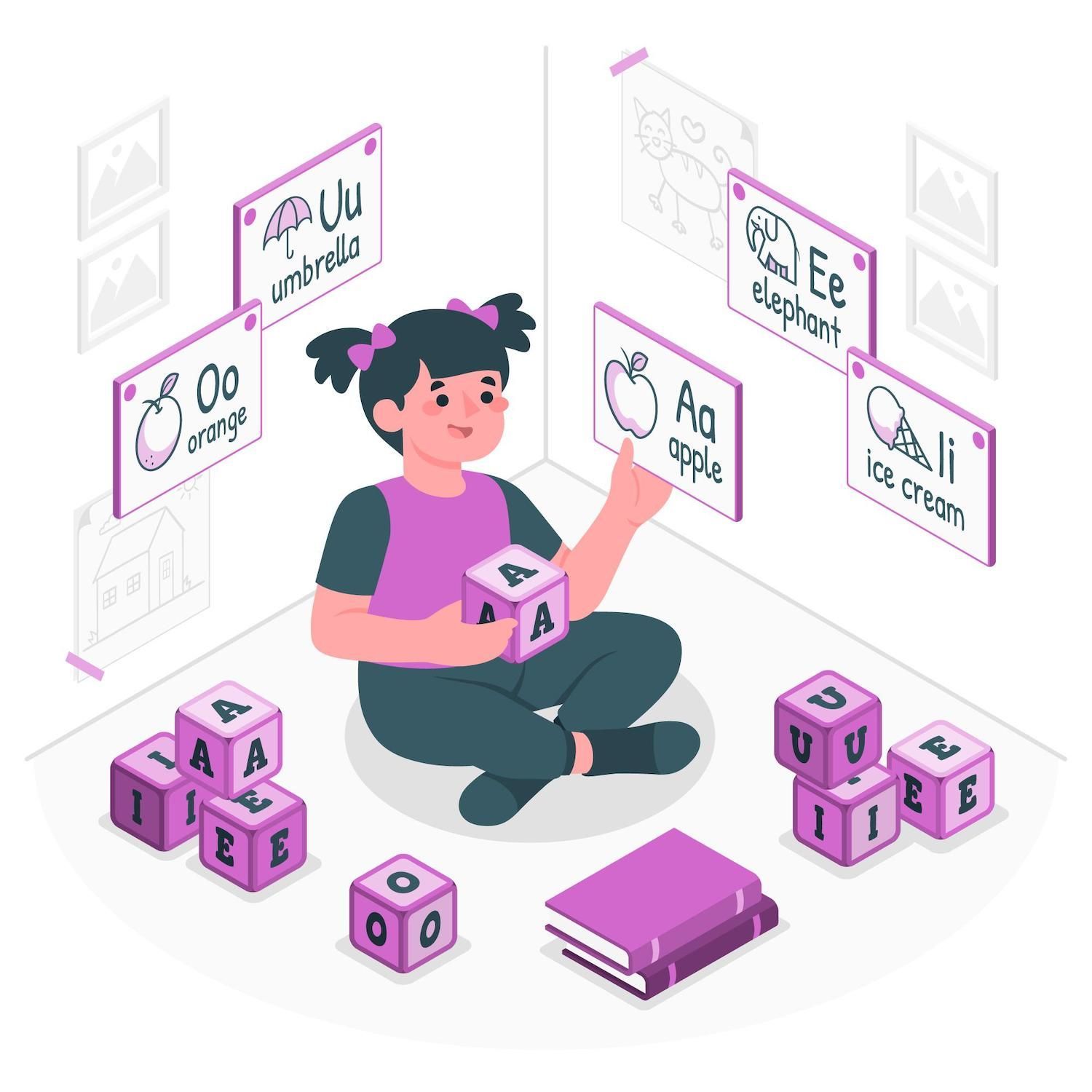How do you schedule posts for WordPress (3 Methods)

Do you know something more frustrating than waking up and realizing that you haven't written an entry on your blog on time? It was your intention to hit the publish button on your computer yesterday however life got in your way. It's now too for you to wait. It's even more dire in the event that the article to be released has been scheduled for publication in the nick of time, and is centered around the time of a holiday or announcement about an event that is coming up. Yikes!
First, let's look at how scheduling posts are important.
How do you schedule posts on WordPress?
Post-scheduling is also a lifesaver if you're going on holiday or are taking breaks from your website. Instead of letting your blog go idle, it's possible to schedule a couple of posts ahead to maintain the blog's activity when you're gone.
Let's look at some additional advantages to look into WordPress postings that are scheduled to be published is an awesome concept. It is possible to plan your posts in advance of times can be helpful in:
- If you'd like to be certain that your content is seen to as many readers as possible, you should post your blog at times of the time when people use the internet. For instance, if you're running a parenting blog you should post in the morning when mothers will be most likely on the internet.
- Make a list of backlog materials and then spread out posts. This can be helpful if there is a large amount of content you'd like to publish but you don't wish to overwhelm the readers. When you schedule your posts you can control the quantity of content published at the same time.
- Post during the day when you are located in another country or you sleep during the night. This one is quite simple! If you are blogging during evening hours, post timers will help you making sure that your blog posts go up during the daytime times that are within the timezones of your readers.
- It is essential to publish regularly and on time. This is especially important if you blog on current topics or news. For your readers to be confident they can trust you to provide timely updates and information, it is essential to have your articles published according to your schedule on a regular basis.
- Continue to post articles even when in vacation. Ensure that your blog doesn't go silent during your absence. Just write and plan some articles prior to departure, and you'll be ready.
- Test different times for publishing. Trying to figure the best timing to post your content? The scheduling feature on WordPress allows you to test various times to see which ones generate the highest visitors. Determine when your followers are the most active, and adjust the time of your content accordingly.
We've covered several of the primary motives behind why scheduling posts is so important let's take a review the most effective method to do this.
How do I Setup WordPress Calendared Posts
Scheduling posts in WordPress is simple to accomplish and only takes a couple of minutes. In this article, we'll demonstrate to you three different methods that you can use to schedule your articles.
Method 1. Scheduling posts with WordPress Block Editor WordPress Block Editor
To begin, make a blog or a page on WordPress. This time we'll create the article.
When you're inside the post editor, you'll be you are able to observe that in the publishing Panel, you'll notice that the timer will be set to instantly publish. BcikJReSZrQMmSSPYCUd Set the date and when to publish a blog post's release by using the Block Editor.
Click "Publish Now" to display the drop-down menu, and then you'll be able to select a specific date and time for the date when your post is to be live.
In this case, the article is scheduled to be posted for the posting on the 25th of December at 8 am. When you've picked the day and time that you'd like to make your post, simply hit the Schedule button to set the post's schedule.

This is all there is to it! This post is scheduled to be published immediately on the date and time you have chosen.
Method 2. The scheduling of posts using WordPress Classic Editor WordPress Classic Editor
For the first step, start by creating a new post or page within WordPress. Like before this, we'll make the page from scratch for this case.

Click the Edit hyperlink just below on the option to publish immediately option. This will display an options menu with a range of options for scheduling.

In this instance this particular instance, we'll schedule this blog post for the 31st of October at 21:00. Once you've picked the date and time, you'll be able to hit the "OK button to set the schedule for your post.
Choose"Schedule" in red "Schedule" option to plan the publishing of your blog post at a later time in the classic editor.

Once again, that's all required. The blog's content is set to start to go live at the date and time you have chosen.
Method #3: Scheduling posts by using the help of a plugin
If you're not yet using your WordPress Block Editor, or are you looking to have more control over the scheduling of your posts and scheduling, you could make use of an plugin.
One of the top scheduler plugins is SchedulePress.. The plugin is available for free and allows you to schedule your post in advance.

To the right on the right side of the screen, you'll see the Classic Editor Publish box. There you'll have the option to select a date and the time at which your post will be released.
In our case, the blog post will be scheduled this post for July 4th between 18:00 and 18:00. After you've chosen the appropriate day and time for your post, simply click OK after which click on the blue schedule button to establish the schedule of posting as usual.

The program also comes with a handy feature to allow you to post your schedule blogs immediately that is, it will reflect your current schedule date or the date of your schedule in the near future depending on what makes the most sense for your needs.

Tips and tricks to use WordPress Scheduled Posts
Today, you can make posts with WordPress now and it's a great thing. But what happens in the event that you are forced to leave writing. Schedule. Publish? We'll look at some suggestions and techniques to get the most benefit from this feature.
Setting the Time Zone
If you'd prefer your content to become live at an exact date It is essential to ensure that your WordPress website is configured to the correct time zone.

In this section, you are able to select the appropriate local time zone. After you're done, click the Save Changes button to store your preferences.
Accessing all posts scheduled for the day
Should you wish to go through each and every one of the posts you've set up on your WordPress website, you'll be able to check them out by going to posts > all post.
On the top of the page are several options. Select the one that reads "Hurried".

It is possible to use this site to manage your posts scheduled and edit or delete posts or publish them prior to when they're due.
The Scheduled Posts that are scheduled to be Published will be published early
If you need to create a publication ahead of the date and time it is due, it is possible to achieve this through on the All Posts page and selecting the post that you wish to publish.
If you're in the editing screen of your post, simply click on the publish button. This will immediately publish your post, regardless of when your post was initially scheduled to go live.
Management "Missed Scheduling" Posts
You are able to see all your missed scheduled posts on the All Posts page and clicking on the post with the Missed Schedule alongside it. It will be highlighted with red.

If you'd like to test and publish a missed schedule article, you are able to publish it by clicking the Publish button. However, if you aren't able to publish the post and would like to delete the post, you are able to delete it or reschedule it to a different timing and date.
If you're WordPress website's cron jobs aren't functioning properly, it may cause scheduled posts not work. It is possible to encounter an error with the cron job due to numerous reasons which include:
- You've recently switched WordPress hosting providers.
- The website you are using is not working or isn't working correctly.
But most often this issue is caused by a absence of traffic to the website. Since crons or schedulers are only activated when a website is loading, a deficiency of visitors at exactly the right (or wrong, if you take a second to think about the issue) moment can mean that your posted article won't be published. A cron task won't start, and you'll end up with an unfinished schedule.
If you believe that the cron job running on your website are the cause of the posts that are not scheduled, you may attempt to fix the issue doing the job by hand.
For this, you'll need to include a little part of code onto your website. This is as simple as adding the following code lines in your site's wp-config.php file:
define('DISABLE_WP_CRON', true);To set manually cron jobs, you'll need to visit the cPanel on your site and locate it's the Cron Jobs module. Click it and configure cron jobs to run on specific times.
If this doesn't resolve your issue, or if you don't trust your coding skills, then you can test a WordPress plugin. We suggest that you use Schedule Post Trigger, that is a completely no-cost tool to run scheduled posts that are not active when someone visits your website.

The plugin is easy to use that you don't have to fiddle with code or set up manual cron job schedules. Install and activate the plugin and it'll do the rest for you.

Re-scheduling a scheduled Post
If you are trying to cancel an already scheduled post and you want to change the post's content, you can edit it. The block editor,
If using The Classic Editor, click the Editbutton near where it says scheduled.

After that, click on the dropdown menu that will change the status of your post to draft. Click "OK".

Next, you need to click to make the update. This will take the article off the WordPress queue, and it won't be scheduled to be published. It is then possible to reschedule the post for a new date or time, or instantly publish it when you click the publish button in the same way as you normally do.
Modifying the Scheduling of a Published Post (Using a plugin)
In addition, you can make modifications to an existing article through this Advanced Schedule posts plugin. This plugin allows you to make changes to any post that has been published, including those already published.

For this plugin to be utilized, following installation, simply modify the content you wish to modify then click"Schedule" in the Publish box. scheduling button located in the box for publishing. box.
It will display the options for scheduling which permit you to choose which date you'd prefer the change to go live. Once you've chosen the day, click on the Schedule button. Then, the changes are scheduled.
Post Expiration Timeline (Using a Plugin)

For this plugin to be effective, you must install and then activate it. After that, you'll be able to modify your blog post to create a timetable of expiry and then scroll through in the PublishPress box.

Summary
In this post, we'll look at the best ways to schedule posts for WordPress in a variety different ways. We've also discussed ways to un-schedule your posts as well as how to make revisions to articles that are published.
If you're having any issues about how to setup the posting system using WordPress You can leave a message below.
Whatever you decide to do, be sure that you're in good hand.
Save time, costs and improve site performance by:
- Support is readily available to WordPress hosting specialists, 24 hours a day.
- Cloudflare Enterprise integration.
- Aiming at a worldwide audience through 35 data centers spread across the globe.
- Optimization with the built-in Application Performance Monitoring.
Article was first seen on here
